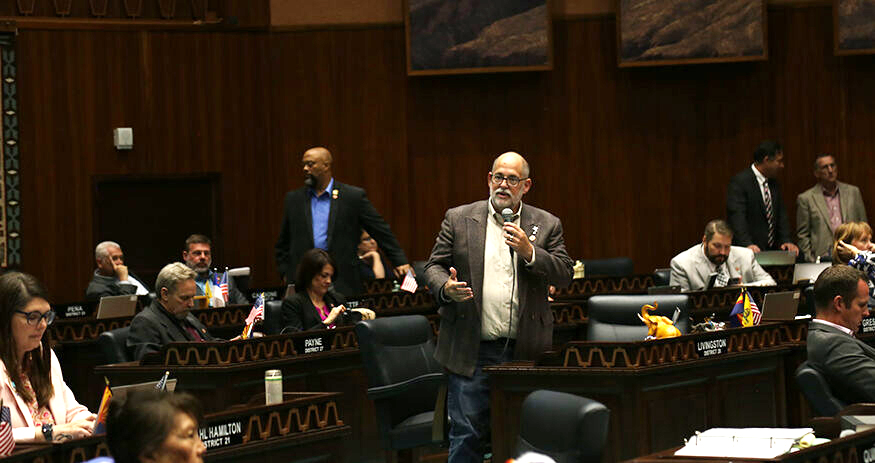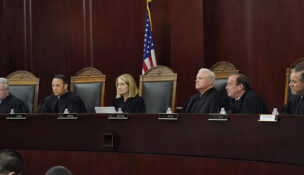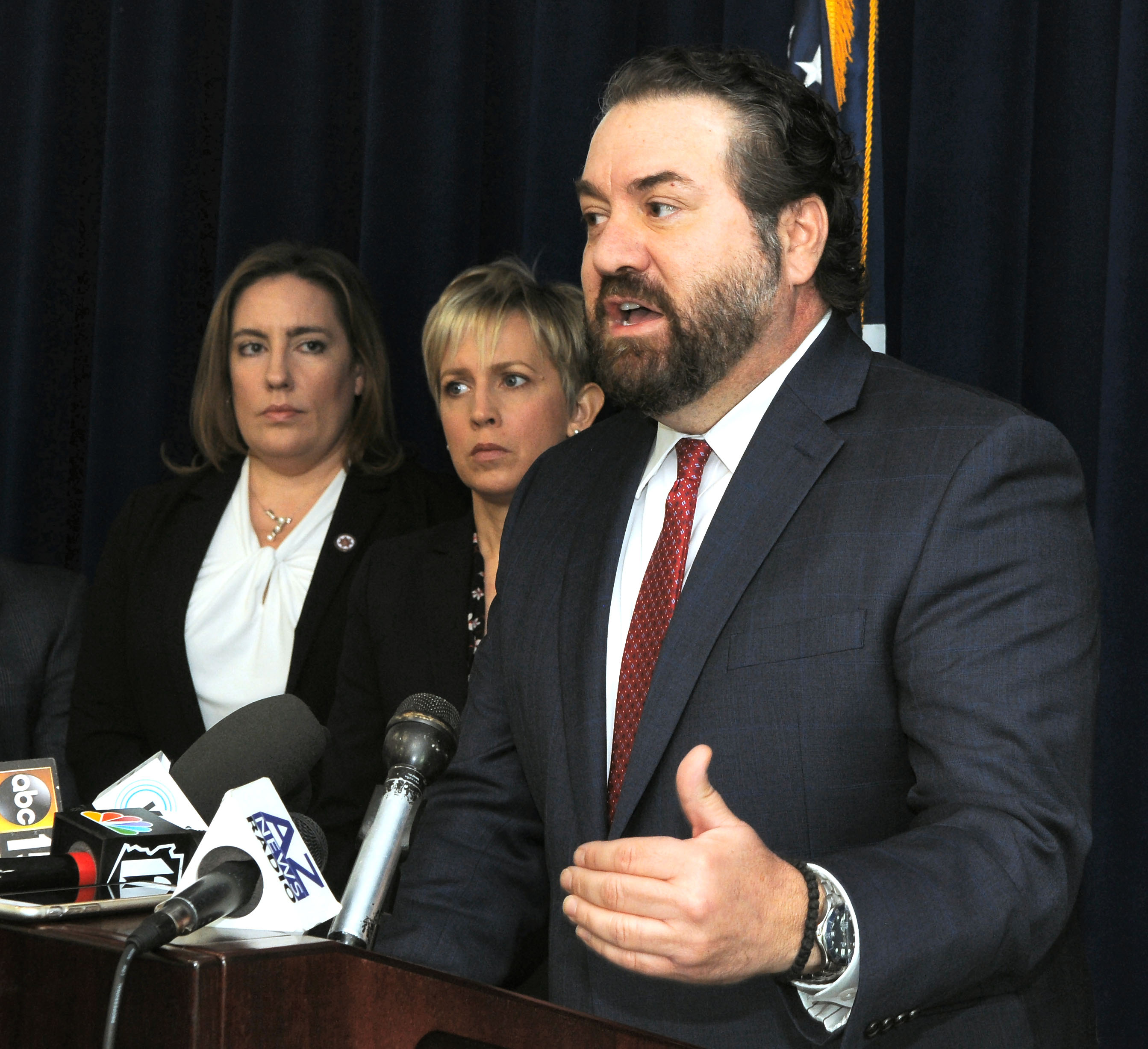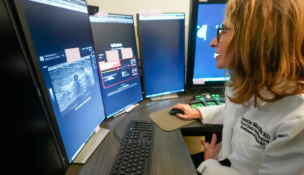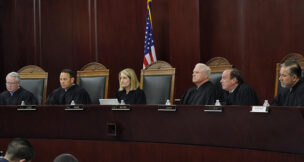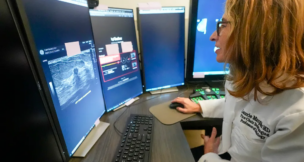Proposed per diem pay increase could double yearly pay for legislators in Maricopa County
Howard Fischer, Capitol Media Services//March 28, 2025//
Proposed per diem pay increase could double yearly pay for legislators in Maricopa County
Howard Fischer, Capitol Media Services//March 28, 2025//
A veteran state lawmaker is pushing a late-session maneuver that would double his own pay and that of more than half of his colleagues.
The proposal by Rep. David Livingston, R-Peoria, set to be heard in the House Appropriations Committee on Monday, would entitle lawmakers who live in Maricopa County to a daily allowance of 80% of what the General Services Administration allows in hotel and meal expenses for federal employees who are traveling. That comes out to close to $200 a day.
The only thing is, Maricopa county lawmakers, unlike their rural counterparts, are simply driving to their own offices each day.
In fact, they already are getting $35 a day just for that — and getting it seven days a week — even though lawmakers generally are in session only four days most weeks.
And that’s on top of the $24,000 annual salary, something that a separate measure — also set for debate on Monday — seeks to double, though that one is subject to voter approval.
But Livingston told Capitol Media Services that it’s wrong to look at what is called the “per diem” allowance simply as covering expenses. He said it should instead be seen as part of a lawmaker’s overall compensation.
If all this seems familiar, it should.
Lawmakers tried a similar maneuver in 2019, tying their allowance to the GSA rate.
Then-Gov. Doug Ducey was willing to support an increase for out-county lawmakers.
“There is a strong case to be made for ensuring we are appropriately recognizing what is required for them to be here at the state Capitol in Phoenix during session,” he wrote. But he vetoed the bill because of the attempted increase for in-county lawmakers.
A separate measure for those living in the other 14 counties eventually was approved and signed by Ducey, giving them the full GSA rate. That equates out to $249 a day for the first 120 days of the session, or $29,880, on top of that $24,000 salary.
The actual allowance is greater given that lawmakers also can collect it any day they act “on a legislative matter” after the session is over, which could mean meetings with others at the Capitol or in their home districts.
Livingston’s measure using the 80% figure would come out to close to $24,000 in allowance plus the salary for 120 days.
And there’s even a provision to get 40% of the GSA rate when the session runs longer.
That’s not unusual. In fact, one year the session extended into August.
Livingston said he understands that asking lawmakers to approve such a sharp boost in their own compensation without seeking voter input — particularly for lawmakers who live in Maricopa County who don’t have the same living expenses — comes with a certain amount of political risk.
But, he said that an increase for himself and other Maricopa County lawmakers is appropriate. And Livingston said he believes that voters will understand.
As proof, he cited the recent resignation of former Sen. Eva Burch.
“I have been struggling to make ends meet and to find balance with my legislative work and my job as a healthcare provider,” said the Mesa Democrat, calling herself “a casualty of legislative pay.”
And Livingston conceded that something else may help convince colleagues to bite the potentially politically unpopular bullet and go along — if they act now: It will be another year before lawmakers need to face voters and run for reelection.
“I think the timing is right,” he said.
Livingston also has another argument about why in-county lawmakers should be paid more — even if it is in the form of an allowance.
“I think it’s discrimination against the members that live in Maricopa County versus the members that live outside of the county in the discrepancy in pay,” he said.
And what of the fact that those who live in the county don’t have the same expenses like hotels and having to take all their meals away from home?
“I understand all that,” Livingston said. But it comes back to his argument that per diem is not really an allowance for expenses but another part of their compensation.
“You can’t have members paid to do the same job being one-and-a-half, two times, three times the other members,” he said. “It’s not fair. It’s discrimination. We do the same work. We need to be paid the same, no matter what it is and how you divide it up.”
But even if Livingston can convince a majority of lawmakers to go along, that doesn’t end his battle.
Just like what happened in 2019, a change in allowance still goes to the governor. And Katie Hobbs appears no more inclined to go along than did her predecessor.
“Pay raises for politicians is the height of budget mismanagement,” Hobbs press aide Christian Slater told Capitol Media Services.
And then there’s the timing.
He noted that the plan comes as Livingston has been publicly critical of the governor, accusing her of overspending the money she had been allocated for foster care programs and services for the developmentally disabled. In fact, House Speaker Steve Montenegro formed a new panel specifically to investigate Hobbs’ fiscal practices.
Slater said if that panel is interested in looking at “mismanagement” perhaps it should widen its focus.
“We look forward to the new ad hoc committee investigating Rep. Livingston’s disastrous proposed spending spree,” he said.

